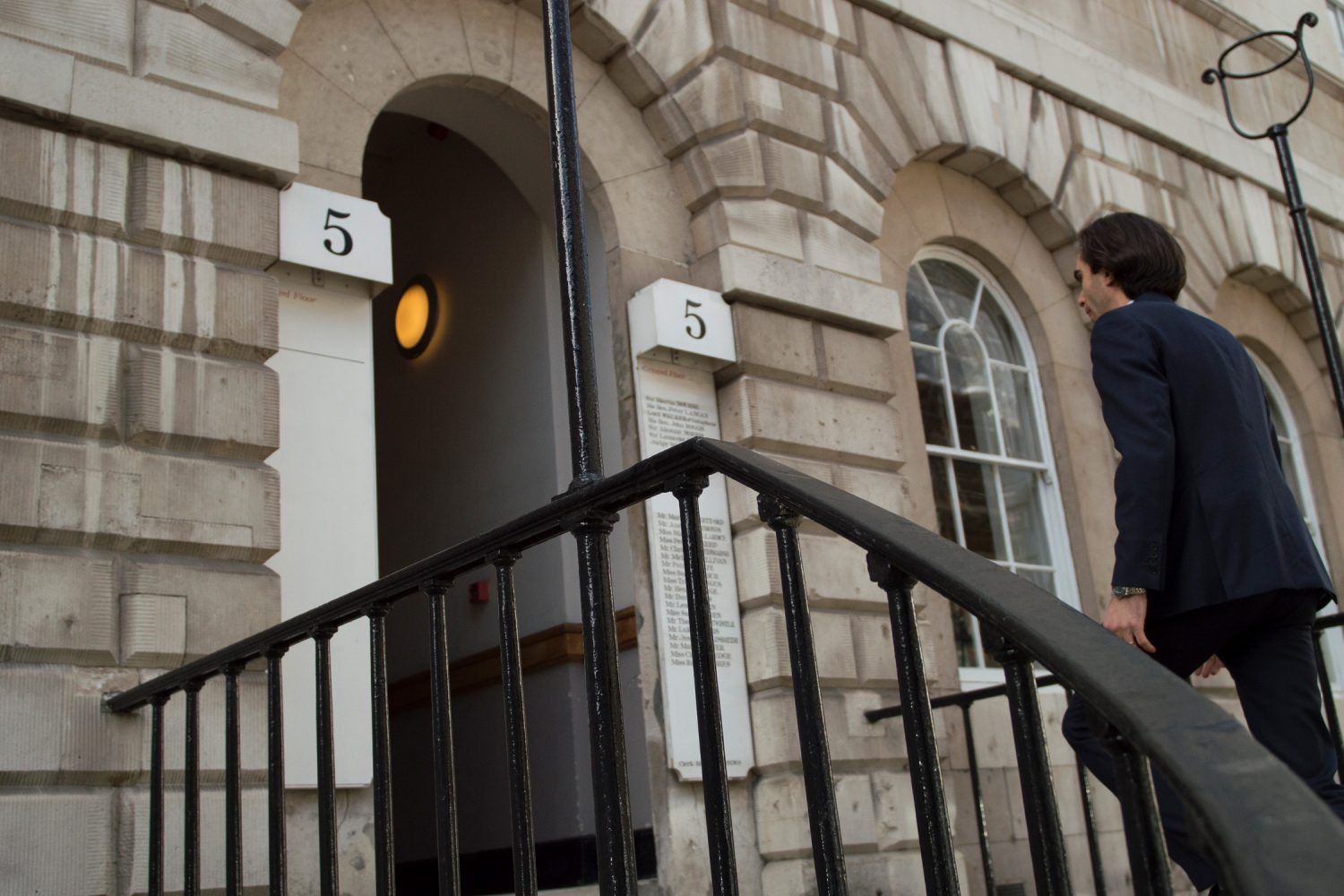Judgment in Rupert Grint v HMRC
Judgment has been given in the tax case of Rupert Grint v HMRC [2024] UKFTT 956 (TC): https://www.bailii.org/uk/cases/UKFTT/TC/2024/TC09337.html
Oliver Marre represented Mr Grint before the First-tier Tax Tribunal in his appeal against an assessment for 2011/12 under the Sale of Occupational Income legislation.
The case has been widely reported in the national and international press including:
The Times: https://www.thetimes.com/uk/crime/article/rupert-grint-tax-net-worth-czznn05qd
The Guardian: https://www.theguardian.com/film/2024/nov/30/rupert-grint-taxes-loses-legal-dispute
The Telegraph: https://www.telegraph.co.uk/news/2024/11/29/rupert-grint-loses-tax-row-falling-foul-beatles-clause-hmrc/
The Daily Mail: https://www.dailymail.co.uk/tvshowbiz/article-14143445/rupert-grint-net-worth-tax-court-hmrc-case.html
The BBC: https://www.bbc.co.uk/news/articles/c0rgkkpl0dno
HMRC had assessed Mr Grint in respect of both the 2011/12 and 2012/13 tax years. The 2012/13 assessment was cancelled on review. The principle technical dispute for 2011/12 centred on the question of whether, if the relevant taxing provisions applied at all, tax would be due by reference to s 779 or s 778 Income Tax Act 2007 (“ITA 2007”).
HMRC argued as their primary case that Mr Grint was assessable by reference to s 778. The closure notice issued by HMRC had stated: “”I have amended your tax return by treating the capital amount you obtained on the sale of your business as income arising under s 778 ITA 07.”
Mr Grint argued that he could only ever be assessable by reference to s 779. If s 779 applies, any taxable income arises in the year that a capital sum (received for the sale of occupational income) is “realised” . On the facts, the debt was incurred in 2011/12 but paid in 2012/13. It was argued for Mr Grint that a debt is “realised” when it is paid and not when it is incurred.
The Tribunal agreed with the arguments put on behalf of Mr Grint, that s 779 was the correct charging provision, and that the capital sum received was the benefit of a debt. The FTT held, however, that the debt was “realised” when it was incurred, not when it was later paid, and so the FTT concluded that Mr Grint was taxable in 2011/12. At paragraph [146], the Tribunal Judge Morgan stated: “I have made the above conclusions on the basis of my interpretation of the relevant provisions applying a purposive approach to their construction. I note that (1) the case law which HMRC referred to is not directly in point given that it relates to the meaning of “payment” for PAYE purposes, and (2) the case law which Mr Marre referred to demonstrates that the courts have often taken the view that sums due under a debt/loan are not taxable until actually received. However, they were decided in different contexts and do not prevent the tribunal taking a different view on a purposive construction of when a sum may be said to be “otherwise realised” for the purposes of these provisions.”
The case also raised an issue of the construction of s 773 ITA 2007, and a whether incorporating a business in the circumstances of the case was within the definition of avoidance for the purposes of that section. The FTT decided that it was. Finally, the case raised the question of whether the fact that the closure notice issued by HMRC referred to s 778 and not to s 779 rendered it invalid, when s 778 had been held by the FTT not to be in point. The FTT held that, with regard to the course of the enquiry correspondence, the closure notice referring to s 778 could validly charge Mr Grint to tax under s 779. The FTT did not decide a final issue relating to the “slip rule” at section 114 Taxes Management Act 1970.

